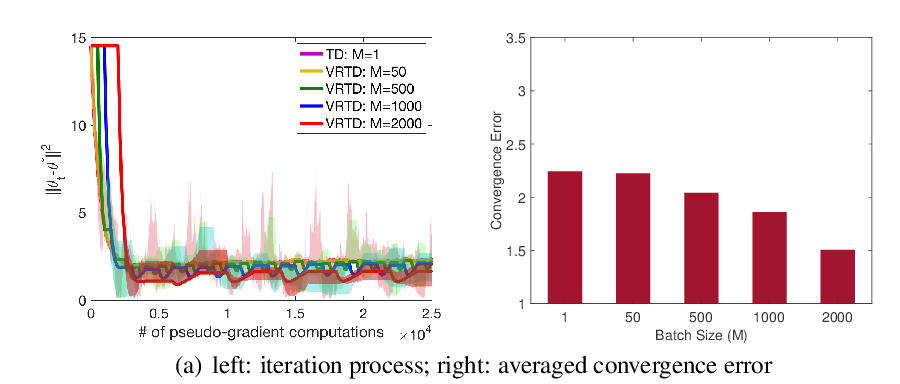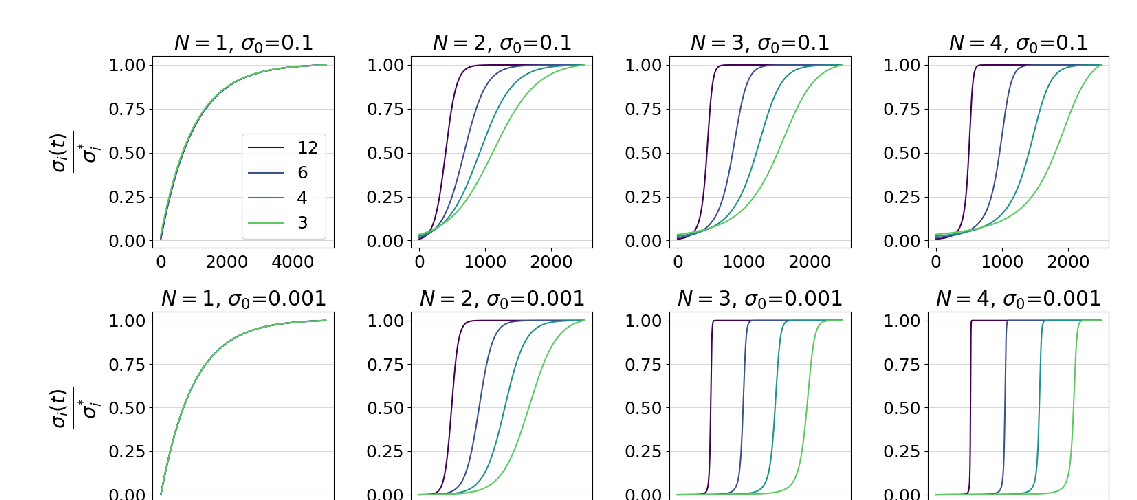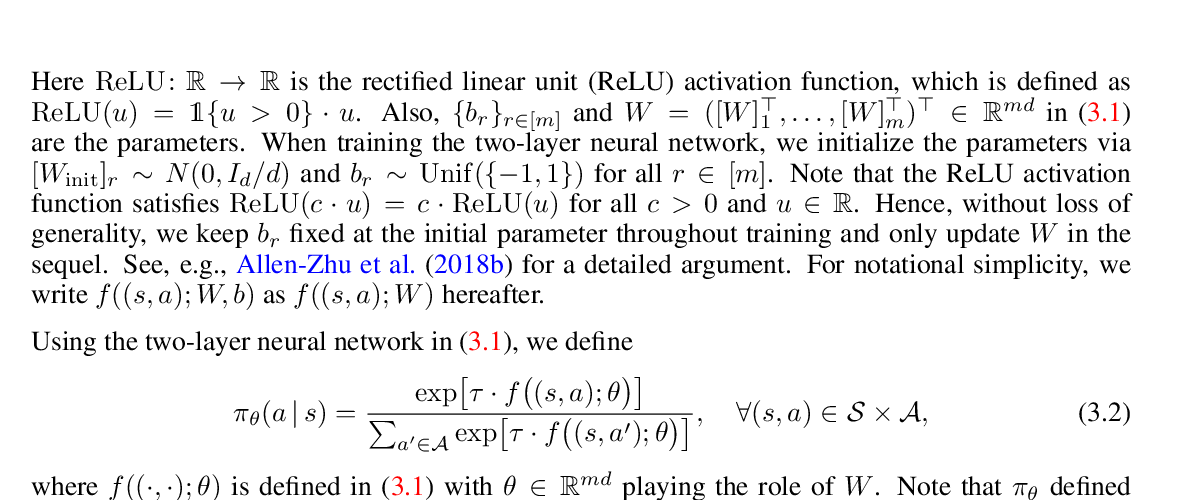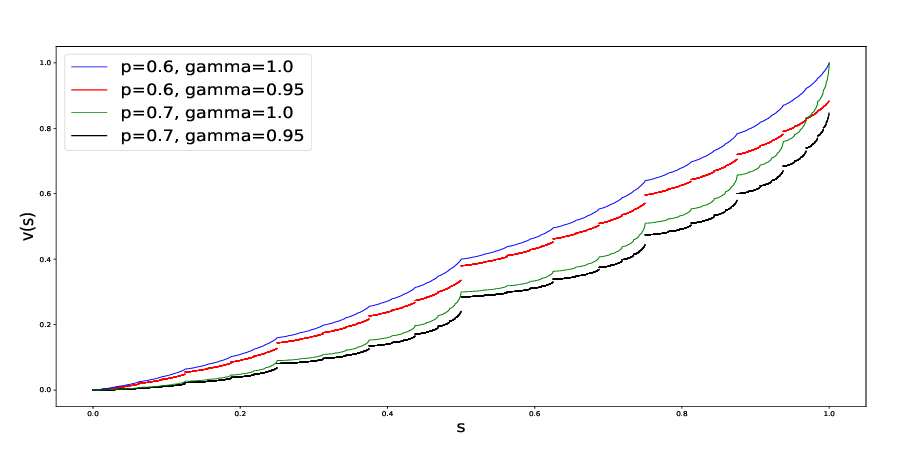Abstract:
While there are convergence guarantees for temporal difference (TD) learning when using linear function approximators, the situation for nonlinear models is far less understood, and divergent examples are known. Here we take a first step towards extending theoretical convergence guarantees to TD learning with nonlinear function approximation. More precisely, we consider the expected learning dynamics of the TD(0) algorithm for value estimation. As the step-size converges to zero, these dynamics are defined by a nonlinear ODE which depends on the geometry of the space of function approximators, the structure of the underlying Markov chain, and their interaction. We find a set of function approximators that includes ReLU networks and has geometry amenable to TD learning regardless of environment, so that the solution performs about as well as linear TD in the worst case. Then, we show how environments that are more reversible induce dynamics that are better for TD learning and prove global convergence to the true value function for well-conditioned function approximators. Finally, we generalize a divergent counterexample to a family of divergent problems to demonstrate how the interaction between approximator and environment can go wrong and to motivate the assumptions needed to prove convergence.



